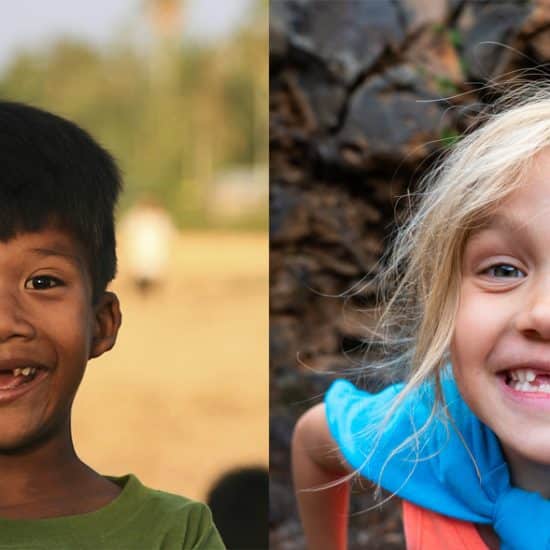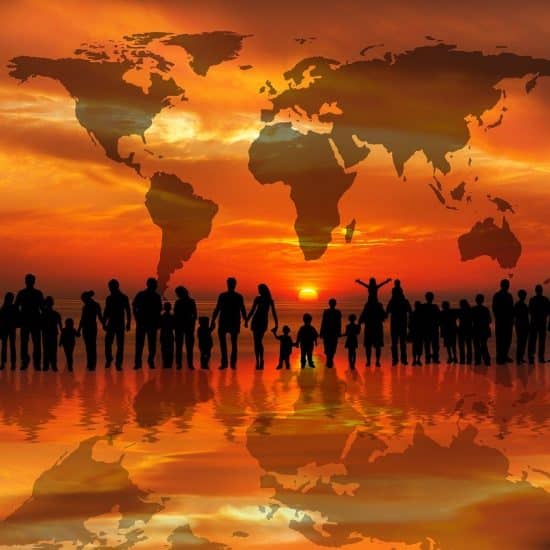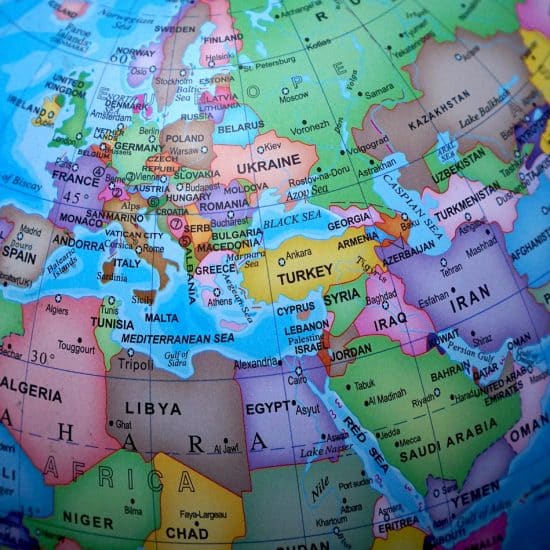The National Geographic Society packed a poster into its most recent edition of National Geographic magazine detailing how various segments of the world population — which will reach 7 billion this year — stack up in a variety of categories.

Bill Webb
|
The Society grouped these population groups first by annual income, determining 1 billion people earn $995 or less per year, 4 billion earn $996 to $3,945, 1 billion earn $3,946 to $12,195, and the final billion earn $12,196 or more in a year's time.
Overall, according to a brief explanation on the poster, the standard of living is higher than it has ever been. Still, inequity abounds. Two percent of the population owns 50 percent of the wealth. More children live to become adults, and fewer adults die of preventable diseases. The birthrate is falling, but by 2050 — only 39 years away — 9 billion people will share Planet Earth.
A lot of the data is somewhat predictable, although contemporary numbers might be surprising:
• The life expectancy of men in the lowest billion people is 58, but in the most affluent billion, it is 77. The age for women in the lowest group is 60 compared to 83 in the highest group.
• During the past 50 years, the number of children who die before they reach age 5 has dropped by half. Still, in developing countries, 120 of 1,000 die before age 5, compared to seven per 1,000 among the most affluent billion people.
• More people have access to improved sanitation, defined as toilets — even pit toilets — that keep human excrement away from people, animals and insects. Among the poorest billion people, 35 percent have such access compared to 99 percent among the most prosperous billion.
• Deaths caused by infectious diseases (acute respiratory, HIV/AIDS, diarrhea, TB and malaria) account for 36 percent of deaths in the poorest group compared to 7 percent in the most affluent billion people.
• The fertility rate among the poorest is four children per family, compared to half that among nearly a third of the population.
• Today, 50 percent of the population lives in urban centers. The percentage is 27 among the poorest billion people compared to 78 percent among the most prosperous billion.
• The explosion of cell phone use is evident across the population spectrum. In the lowest billion, one in 100 has a land phone but 22 have cell phones. Among the next 4 billion people, 14 in 100 have land phones but 47 have cell phones. In the third group, the number jumps to 22 phones and 92 cell phones per hundred. Among the wealthiest billion, each 100 people has 46 land phones and 106 cell phones.
Viewing the population as a whole, 82 percent are now literate; 40 percent earn a living in the service sector, 38 percent in agriculture and 22 percent in industry; 13 percent speak Mandarin as their first language compared to 5 percent Spanish and 5 percent English; 19 percent are Chinese, 17 percent are Indian and 4 percent are American.
Among the religious distribution, 33 percent are classified as Christian, 21 percent Muslim and 13 percent Hindu.
Why is data about the state of the entire human race important to us? There are a number of reasons.
Each of these people is a part of something 7 billion times larger than himself. Living like a majority of one has no place in our world. For most of us, ignorance of the world's people and their needs is inexcusable.
Seven billion people share a single planet. While the planet has not expanded, the population certainly has. We share Earth and all its resources, even though not every area is blessed with the same natural resources or an equal supply.
Nor has the population always been good stewards of God's creation. The earth's people share necessities like a water supply, a food supply and an oxygen supply. Until now in human history, tribes and nations have tended to selfishly acquire, guard and dole out such basic life commodities for themselves. Even in the richest nations, the commodities produced as a result of adequate water and soil are seen as objects to generate income, not resources to assure that no one on earth goes hungry.
Many infectious diseases have been long eradicated in some countries and hemispheres but they still kill significant portions of the population in other parts of the world. How can that be justified?
Most of us need help in seeing the big picture. People who regard the needs of infants and children around the world as highly as those in their own community have something to teach us.
Those who claim to be among the spiritually faithful have a particularly important reason to be circumspect in the world — we have been commanded to demonstrate the love of God to every person.
Our world is changing, and we are spiritually obligated to stay current.
Bill Webb is editor of Word&Way.





